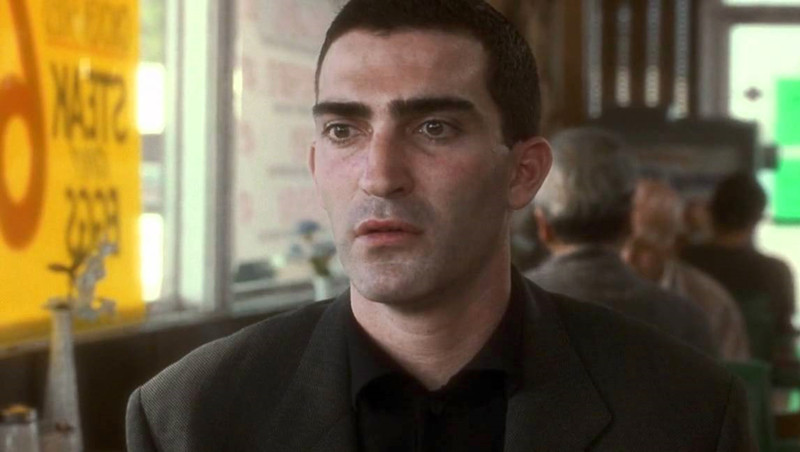
Once dubbed the next Steven Spielberg at the turn of the millennium after bursting onto the scene with the Bruce Willis-led pop-culture hit “The Sixth Sense”, Indian-born director M. Night Shyamalan once again dominates the headlines following the release of his 15th feature film, Universal’s “Knock in the Cabin”.
Loved by many and arduously hated by others, Shyamalan’s name carries a complicated legacy these days—a former cinematic wunderkind that sent shockwaves all across the industry with era-defining crowd-pleasers during the early aughts and who later fell out of favor with a streak of box-office bombs and critical duds. Now almost 25 years removed from his breakout hit, the writer-director is experiencing something of a late-career renaissance that he’s forged by reinventing himself with low-budget genre films that mingle arthouse sensibilities and popcorn thrills.
Both his most devoted fans and harshest critics will probably agree that few modern filmmakers have mastered the art of suspense as much as Shyamalan. Not only is he a gifted craftsman and a skilled storyteller but an outspoken film buff who constantly raves about films and always gives credit where credit is due. With recent news that he’s departed Universal for Warner Bros for his next project—which is currently slated for an August 2024 release—we have rounded up ten personal favorites that his cabal of fans should look forward to after “Knock in the Cabin”.
1. Notorious (Alfred Hitchcock, 1946)
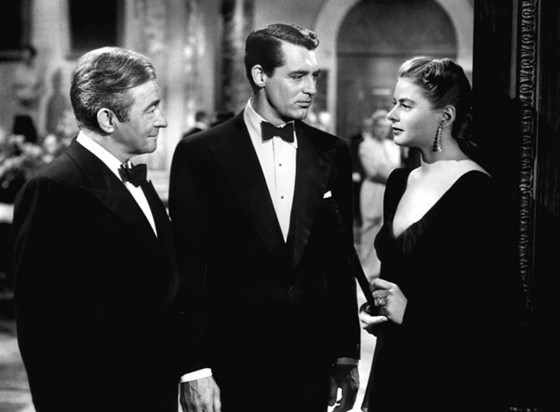
“When I think about some of the people that I looked up to, who are on my walls—the Hitchocks and the Kubricks and all the masters,” Shyamalan told the New Yorker, “What I admire about them is that lack of being able to make them change the cinematic value system that they have, which is so inspiring, and I think it’s why they’ve endured.”
Anyone familiar with M. Night’s brand of filmmaking will likely find the aforementioned quote to be hardly surprising. Admittedly, few directors in film history could withstand unflattering comparisons to the Master of Suspense, but Shyamalan’s trademark style is cut firmly from the same cloth. Featured among his personal collection of Criterion Blu-rays, this classic Hitchcock thriller stars Cary Grant as a U.S. government agent who recruits the American daughter of a convicted German war criminal (Ingrid Bergman) in a high-stakes undercover mission to help bring Nazi to justice. This 1946 nail-biter will be worth your time if you’re looking for good, old-fashioned thrills.
2. High and Low (Akira Kurosawa, 1963)
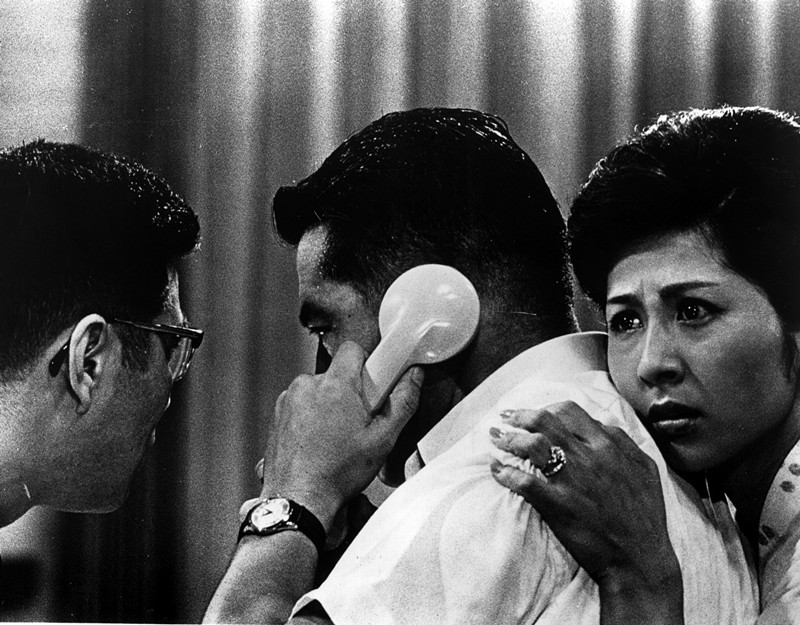
Japanese master Akira Kurosawa is widely considered to be one of the most influential directors of all time, whose style and artistic blueprint ripples across the work of George Lucas, Sergio Leone, Steven Spielberg, and Francis Ford Coppola, among many others.
Though he became known in the West for his incredible output of medieval period films, most notably the 1954 epic “Seven Samurai”, it’s this hard-boiled crime procedural that stands out and became one of Shyamalan’s all-time favorites. Centered around a wealthy shoe executive (Toshiro Mifune) who suddenly becomes a victim of extortion following a bungled kidnapping, “High and Low” is a fascinating nail-bitter full of twists and turns that doubles down as a scorching indictment of bourgeoisie privilege and class resentment. Shyamalan has a poster of the film framed over the fireplace in his office and tweeted in 2011 that “High and Low” is a “dissertation on blocking and positioning actors in the frame”.
3. Knife in the Water (Roman Polanski, 1962)
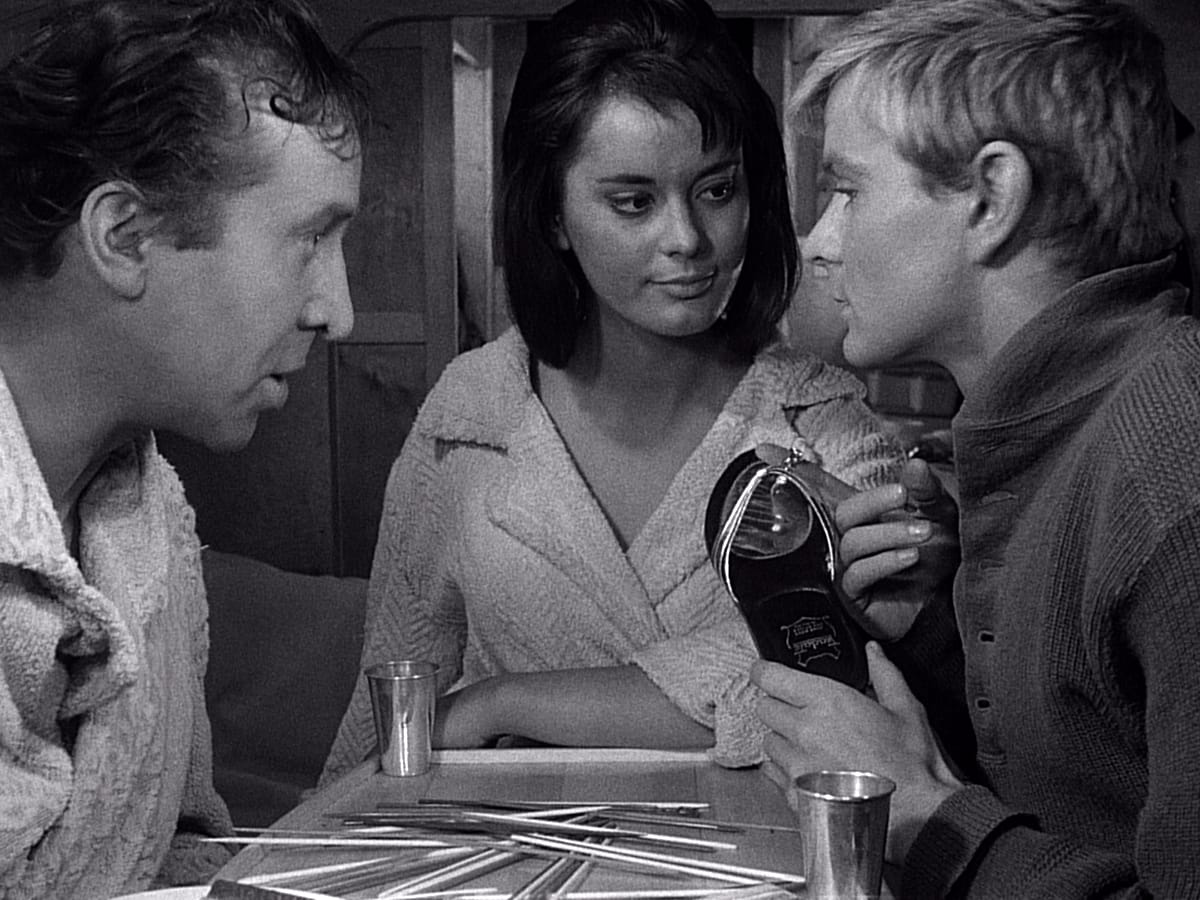
Say what you will about Roman Polanski as a person, but the guy sure used to know how to make great thrillers in his prime. Though this 1962 Polish film sometimes gets a little lost in between “Chinatown”, “Rosemary’s Baby”, and “The Pianist”, it should be respected as one of the finest directorial debuts ever and the film that put the director on the map in the first place.
A married couple decide to spend the afternoon together on the lake when they suddenly bump into a young hitchhiker, supplying the bedrock for a violent power struggle in which tensions and contempt soon come to the fore. “Watched Polanski’s first film last night”, tweeted Shyamalan in 2015. “Incredibly sensual and riveting. Amazing use of foreground photography.” On another occasion, the Indian-born director cited Polanski’s first English-language film, the Catherine Deneuve-led psycho-thriller “Repulsion”, as a huge influence when storyboarding “The Sixth Sense”: “We’d be watching it in my office and marveling at it. So restrained and unnerving.”
4. Mulholland Drive (David Lynch, 2001)
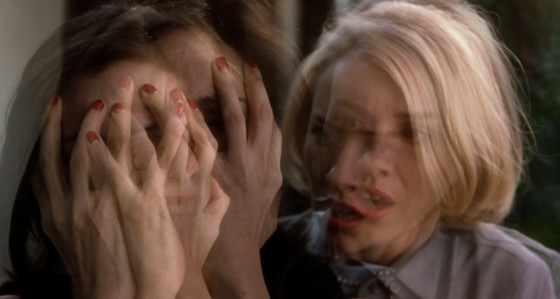
“I am such an admirer of David Lynch, he’s a master storyteller who’s greatly influenced me,” confessed Shyamalan. Throughout the years, the Indian-born director has frequently cited the American auteur as an inspirational touchstone, claiming he revisited his work during the production of the TV series “Sundowning” and “Wayward Pines”—the latter of which he described as Lynchian in tone—and the 2015 film “The Visit”: “I don’t know why he speaks to me at this time, but he accompanied me throughout the film, Lynch’s darkness inspires me more and more”.
In 2016, the director re-watched “Mulholland Drive”, a film famous for its status as one of Lynch’s darker films that some may argue defies genre pigeonholing, not unlike Shyamalan’s own work. “Amazing film! So structurally unique, and to me it’s a horror story,” he tweeted. In burrowing deep into the dark recesses of the troubled headspace of young Hollywood starlet Betty Elms (Naomi Watts), Lynch tapped into the stuff that really keep us at night. “Everyone is so odd and disturbing, it’s almost the opposite of every studio note that’s ever been given,” argued Shyamalan. Any film buff who in the year of our lord 2022 has somehow not seen “Mulholland Drive” has some serious homework to do.
5. Seance on a Wet Afternoon (Bryan Forbes, 1964)
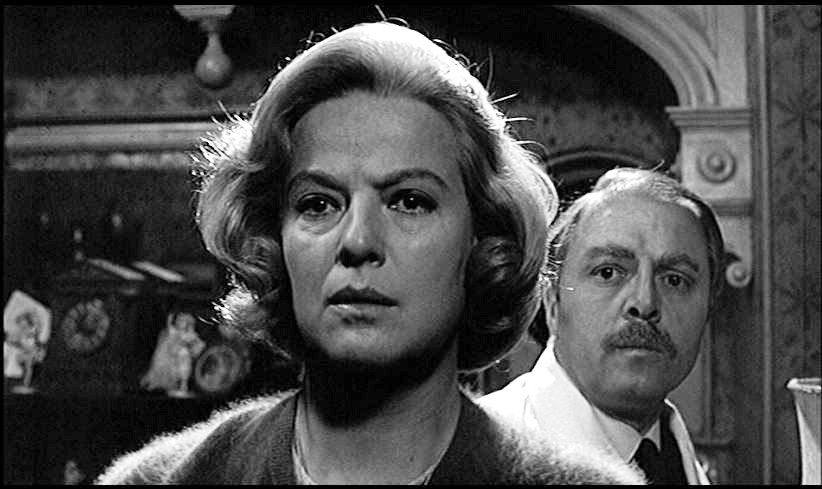
In the movies of M. Night, the purpose of the traditional horror genre trappings is often twofold—serving first as attention-grabs and doubling down as the baseline to delve deeper into the psychological makeup of the family unit, examining the way grief, trauma, and loss affect individuals.
Considering his trademark obsessions and stylish calling cards, it is barely surprising that this classic British thriller struck a chord with the Indian-born director when he first watched it 11 years ago. One wonders if the mastermind behind some of the biggest jump-scares in modern cinema is fazed by any film at all, but it seems as though Bryan Forbes’ black-and-white psychodrama did the trick. In a 2012 tweet, Shyamalan described “Seance on a Wet Afternoon”—in which a working-class housewife hatches an elaborate kidnapping plot to further enhance her reputation as a spiritual medium with the help of her loyal husband—as a “very creepy film”, noting how its characters are “so dark and conflicted”. Likewise, first-time viewers will have a tough time shaking off this blistering jolt of terror out of their systems.